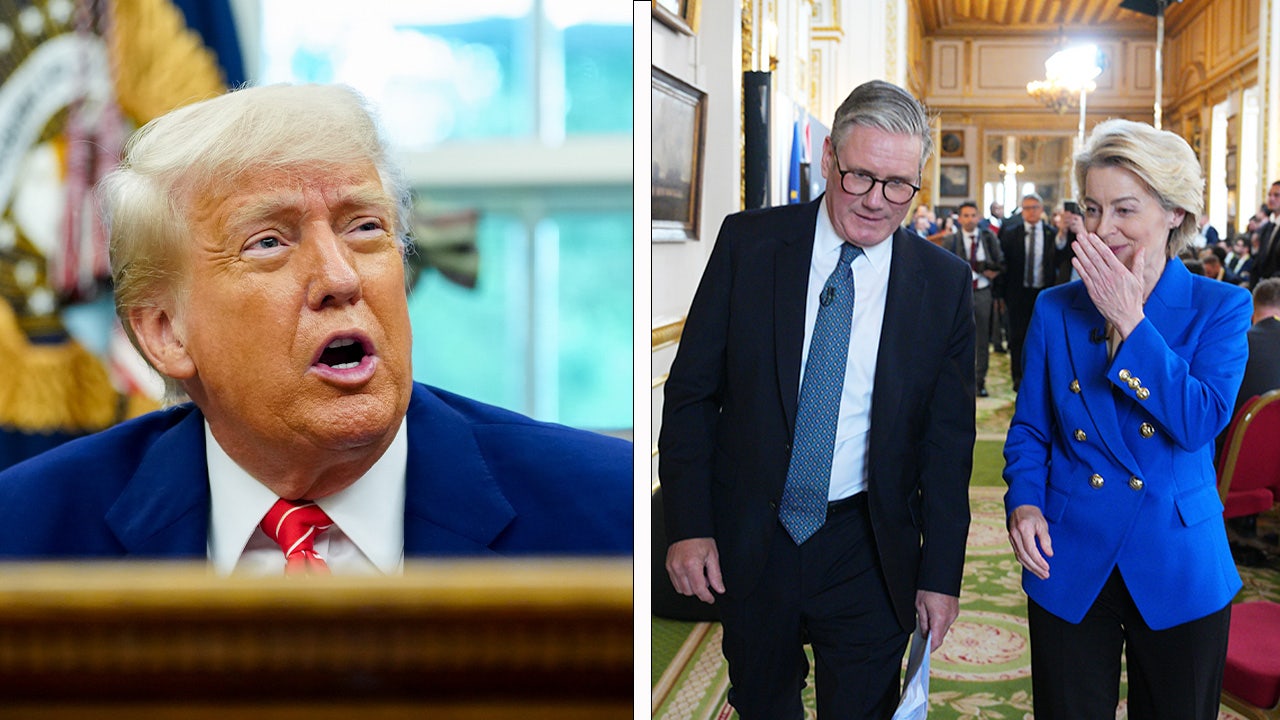Trump policies force EU, UK ‘reset’ on defense and trade

Nearly a decade after the United Kingdom (U.K.) voted to leave the European Union (EU) under Brexit, the relationship between Britain and the EU has taken a significant turn as they recently agreed on a trade and defense partnership. This deal, the largest since the controversial Brexit vote in 2016, aims to strengthen defense ties and reduce bureaucracy, making it easier for U.K. food and visitors to access the continent. Additionally, EU vessels have been granted fishing rights off the British coastline.
The agreements have been hailed as a “reset” by U.K. Prime Minister Keir Starmer, a staunch opponent of Brexit, and EU leader, Commission President Ursula von der Leyen. Von der Leyen emphasized the importance of unity in Europe during a time of global instability and unprecedented threats.
Despite the positive developments in the EU-U.K. relationship, challenges remain, particularly in the realm of trade with the United States. While the U.K. managed to limit the Trump administration’s proposed 25% tariffs on car exports to a 10% fee, the EU faces the threat of 20% tariffs on all exports to the U.S. come July. This has raised concerns about a potential decline in economic growth for the EU in 2025.
The need to strengthen ties among Western allies has become more pressing following the re-entry of President Donald Trump into the White House. Trump’s insistence on increased NATO defense spending and his controversial stance on global issues, including Ukraine and Russia, have pushed European nations to band together. The U.K., France, and Germany have forged closer ties within the EU bloc to counterbalance Trump’s policies.
Central to the new defense agreement is the U.K.’s access to an EU defense loan program valued at approximately $170 billion. This move is expected to enhance joint defense procurement opportunities and bolster security cooperation between the U.K. and EU member states.
U.K. Prime Minister Keir Starmer expressed optimism about the deal, declaring that “Britain is back on the world stage.” However, not everyone is pleased with the agreement. Nigel Farage, a prominent figure in the far-right conservative movement in the U.K. and a strong advocate for Brexit, has criticized the deal.
As the U.K. and EU navigate the complexities of their post-Brexit relationship and seek to strengthen their ties in the face of global challenges, the significance of this trade and defense partnership cannot be overstated. The future of transatlantic relations and the stability of the European continent may well depend on the success of these agreements.




